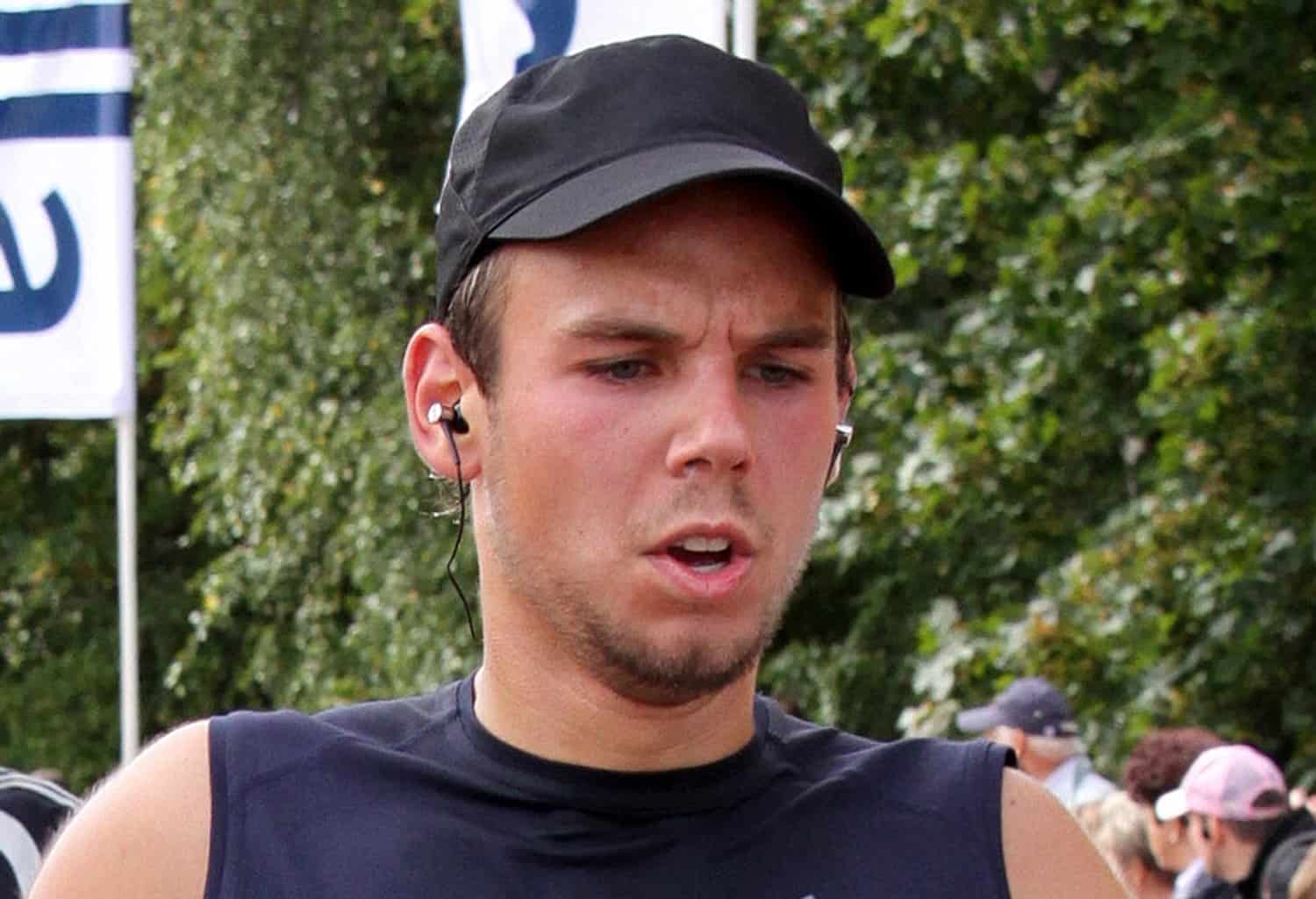DUSSELDORF, Germany – Andreas Lubitz, the Germanwings co-pilot believed to have deliberately crashed Flight 9525 into the French Alps, was treated in the past for suicidal behavior.
“Several years ago, before receiving his pilot’s license, the co-pilot was in psychological treatment for a longer period for observable suicidal tendencies,” Dusseldorf prosecutors, who are leading the German investigation, said Monday. “Thereafter and until the end, medical consultations and periods of sick leave occurred, without suicidal tendencies or aggression toward others being certified.”
The 27-year-old completed his training in 2012, then worked for 11 months as a flight attendant before becoming a Germanwings pilot in 2013. Carsten Spohr, chief executive officer of the low-cost airline’s parent Deutsche Lufthansa, said last week that Lubitz took leave “for several months” during his studies, which he started in 2008.
Prosecutors said Monday they’re still trying to determine a possible motive after voice recordings indicated that he locked his captain out of the cockpit before directing the plane into a French mountain slope, killing himself and 149 passengers and crew. His medical files reveal no signs of physical ailments, prosecutors said.
One explanation is that he possibly harbored a mental illness that threatened to end his career. He was suffering from a psychosomatic sickness, according to someone close to the investigation. Prosecutors retrieved unfilled prescriptions for tranquilizers to fight depression in his apartment, Bild Zeitung reported.
Authorities said for the first time Monday that they’ve created a homicide commission to probe whether Lubitz intentionally crashed the jet en route from Barcelona to Dusseldorf. Police in Dusseldorf have assigned 50 homicide detectives to the case as part of a group working on the investigation that has numbered as many as 200, one of the city’s largest police operations in decades.
Any revelations about his medical history may help shed light on Lubitz’s state of mind and whether he may have cracked under the realization that his failing health was jeopardizing his ambitions. Lubitz tore up doctors’ notes that declared him unfit to work, including on the day of the crash, suggesting he sought to hide his diagnosis from his employer and colleagues.
“He seemed completely normal,” Frank Woiton, a Germanwings captain who flew with Lubitz to Vienna in recent weeks, said in an interview with WDR television. Woiton said Lubitz told him he was happy to finally fly for the group, and that he wanted to pilot long-haul routes and become a captain on the Boeing 747 or the Airbus A380, the two biggest commercial aircraft.
The investigation of the worst disaster in German aviation history points to a potentially disturbed junior pilot whose dream of one day flying the biggest commercial aircraft may have been unraveling as he battled a mental condition. Lubitz also suffered from a detached retina, blurring his vision — potentially a career-ending diagnosis for a pilot, Bild Zeitung said. Prosecutors declined to comment on the Bild reports.
Dusseldorf police, who searched Lubitz’s apartment in the city last Thursday, have codenamed the case the “Alps.” The police are gathering DNA samples from the victims’ families to aid in the identification of the bodies.
Searchers in France are still scouring the debris for the flight data recorder — important because it tracks changes made by the crew to the controls and could help confirm findings from the voice recorder.
Brautlecht reported from Hamburg.
© 2015, Bloomberg News






